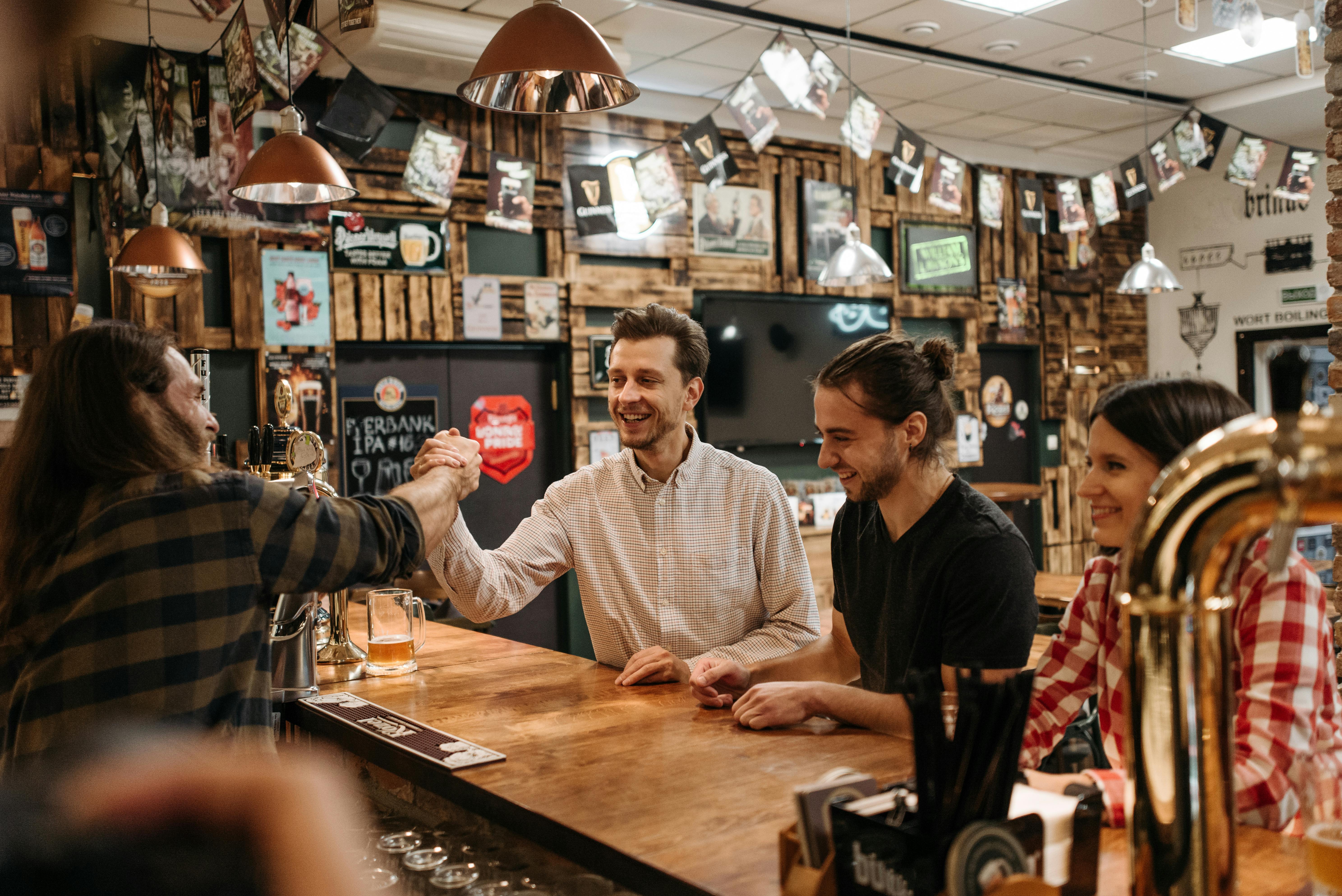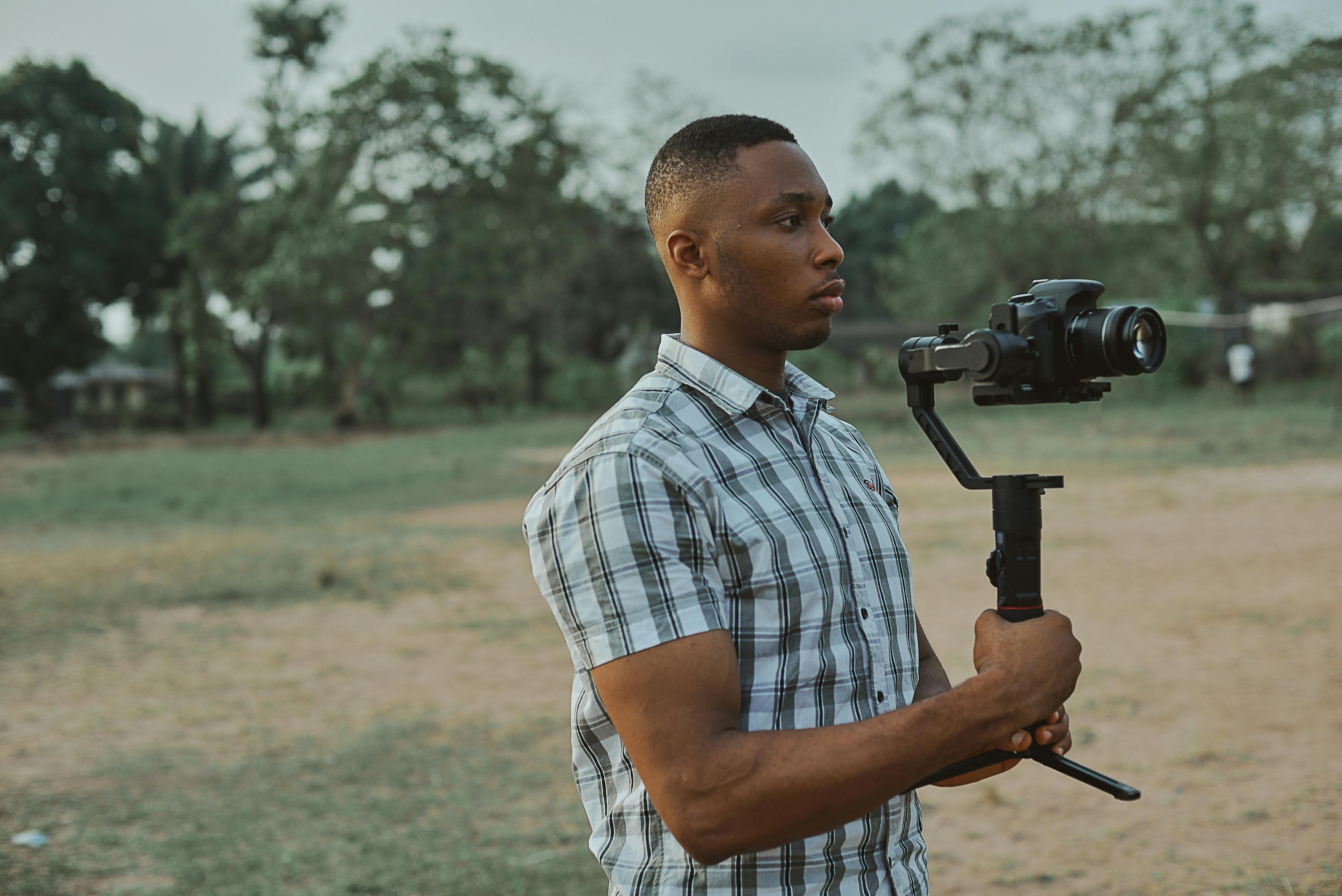As promised, here are what I see as some of the defining elements of flashpacking. (Excuse the HUGE generalizations. It’s all fun!) These generalizations come from my reading experience and from about 10 flashpackers I’ve met in SE Asia so far (I mean, I don’t know many, so I’m interested in learning more about you!). Most of the flashpackers I’ve contacted have been through the blogosphere.
1. Flashpackers are NOT a subset of backpackers. Backpackers are defined here as those who travel on a strict budget, use backpacks, and prefer travel experiences to touring experiences (a distinction that is like the evil argument problem in philosophy, mix two beers and you could do it all the time). night) . In my experience, the different attunements to money make the two types of travelers fundamentally different. Flashpackers, for example, will stay in a super cheap hotel, but splurge at the famous restaurant in town. Thus, the fundamental creed of the backpacker might be to seek out inexpensive experiences that are “locally authentic” (at best), while the creed of the flashpacker might be to seek out high-value experiences that are personally interesting.
2. Flashpackers have mobile income or more budget than they could expect to spend during the allotted travel time. This is perhaps the most critical difference: flashpackers have previously been defined as simply backpackers with money, and the money element is what generally drives the key differences between flashpackers and their backpacker counterparts.
3. Flashpackers are looking for high-value experiences and services. While a tourist may be looking for great comfort or a very transparent experience (understandable or pre-established) and the backpacker is looking for an economical experience, whichever is cheaper. Flashpackers are looking for high value for their money. Yesterday I shared 30 minutes of my morning walk with a backpacker (just got off the bus with two huge bags, must have weighed over 50lbs of stuff, this seems to be average for backpackers) on the SE Asia loop looking for a hotel . room: must have spent an extra 2 hours trying to save $2 (or £1 for her) on accommodation. The flashpacker, with a more flexible budget, would have traded $1 for an extra 2 hours of exploration. The flashpacker will also stay in a luxury resort if it is good value for money and an interesting experience, while backpackers may avoid this experience as inauthentic.
4. Flashpackers have commercial or professional experience. In general, this seems true. Two things seem to come out of this: most flashpackers I’ve met are looking for a million business ideas, foreign lands are an ideal place to fertilize business ideas and create high-value partnerships and results. Also, flashpackers tend to be more skilled negotiators: backpackers will trudge around town all day looking to save a dollar; flashpackers will learn how to save 25% on their hotel using the right strategy.
5. Flashpackers have more experience. Most flashpackers are former backpackers who caught it, turned it down to a science, and managed to create a lifestyle out of constant travel. A standard cast for flashpackers is essentially backpackers who now have some money.
6. Flashpackers carry 50 dollars instead of 50 pounds (of luggage). In two days I get on a plane to fly to Hanoi, where the winter season begins. My first order of business will be to get a warm jacket and hat.
7. Flashpackers are concerned about the time value of their money. Because they have more freedom with their budget, flashpackers are more likely to rent cars or use budget airlines than take more time-consuming travel options.
8. Flashpackers are often on career breaks. If they haven’t yet achieved mobile revenue streams through businesses, many flashpackers live off a fair amount of savings and tend to have at least some small assets.
9. Flashpackers travel with toys. Laptop, phone, MP3 player, video camera, SLR camera, you name it. Flashpackers are digitized and connected to the world.
10. Flashpackers are FAST and FLEXIBLE, and most of the time, LIGHT. Their flexibility with budget and efficiency with digital communications allows them to use “GIT” or “get it there” techniques to keep their packages light and efficient. If the average pack weight for a backpacker is 40 to 50 pounds, flashpackers would average around 20 pounds.



